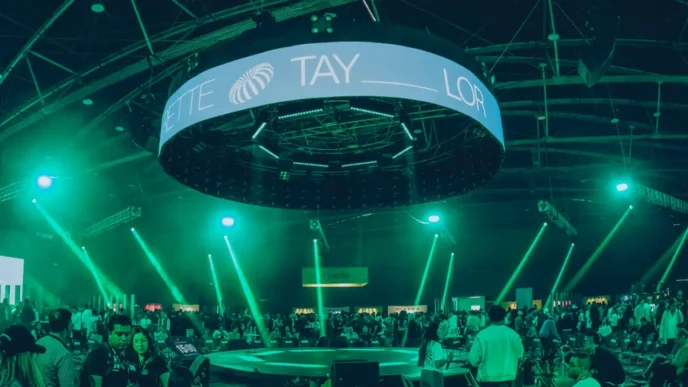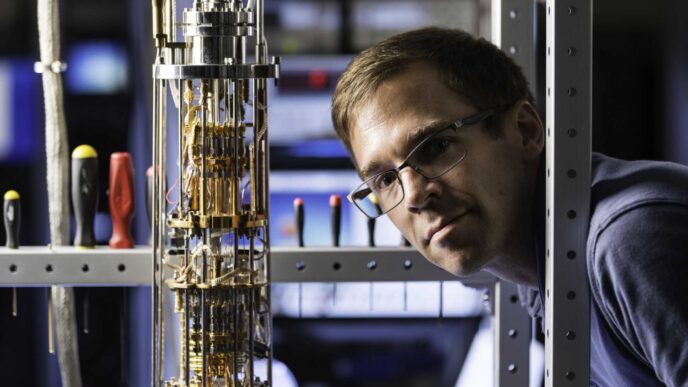Microsoft and OpenAI are in the middle of high-stakes talks that could reshape their multibillion-dollar alliance. According to the Financial Times, the two tech giants are working through a “tough negotiation” over how their future together should look.
OpenAI recently updated its restructuring plans. While it still plans to shift its business operations into a for-profit public benefit corporation, control will remain with its nonprofit board. That board setup adds a layer of complexity — and Microsoft’s approval is critical to moving forward.
The core issue? How much equity Microsoft will hold in the new setup. The company has already poured $13 billion into OpenAI. But now, it wants to renegotiate how it benefits in the long term.
One idea on the table: Microsoft might give up some of its stake in exchange for extended access to OpenAI’s technology, especially developments that emerge after 2030. That’s when their current agreement is set to expire.
This negotiation isn’t just financial. It’s strategic. OpenAI has grown more ambitious in recent months, especially with its new infrastructure project known as Stargate. That project could reduce Microsoft’s control over how OpenAI’s systems are built and deployed.
At the same time, OpenAI’s enterprise tools are becoming serious competition for Microsoft’s AI services. As both companies race to dominate the generative AI market, tensions are rising. What began as a tight partnership is now starting to feel like a rivalry.
For Microsoft, ensuring access to OpenAI’s future models is essential. These tools power everything from Azure to Microsoft 365 Copilot. Without guaranteed access post-2030, its AI edge could weaken fast.
The outcome of these talks could reshape not only the Microsoft and OpenAI relationship but also the future of enterprise AI. As startups grow more powerful and cloud giants seek tighter control, this partnership is a test case for what comes next in AI.













